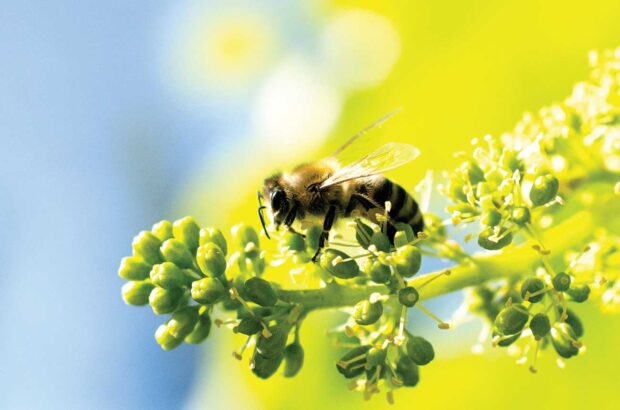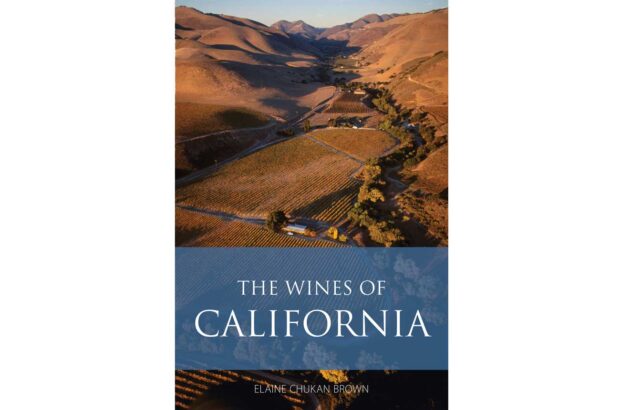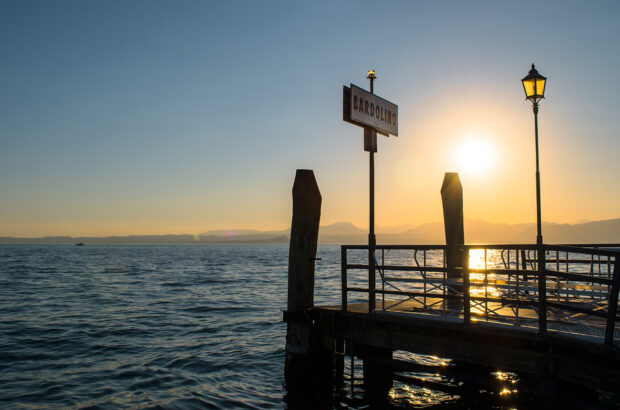In the last few weeks of the Conservative Party leadership campaign, Boris Johnson has styled himself – among other things – as a sceptic of so-called ‘sin taxes’ and a fan of Tignanello wine.
Johnson revealed his love for the Super Tuscan giant during a recent interview with the Politico publication, despite reportedly having to Google its name during the conversation.
It wasn’t lost on either party that Tignanello is also believed to have been a favourite of Meghan Markle, Duchess of Sussex.
Will Italy’s top wines still be able to flow freely into the UK after the 31 October, however?
Brexit would be the most pressing question for anyone obtaining the keys to Number 10 Downing Street this summer, but Johnson’s apparent willingness to flirt with the idea of a ‘no deal’ departure from the European Union has intensified the scrutiny.
A ‘no deal’ Brexit by the end of October 2019 was this week described as the ‘worst-case scenario’ by the Wine & Spirit Trade Association (WSTA).
‘In line with other business sectors, the UK wine and spirit industry’s firm preference is for a negotiated EU exit, yet the WSTA must continue to prepare its members for a no deal exit scenario,’ said the trade body this week, in a new report on the sector’s readiness for Brexit.
Experts on both sides of the English Channel have expressed doubt about the reality of renegotiating the exit deal agreed by outgoing prime minister Theresa May in time for the extended Brexit deadline, while several MPs in Parliament have resolved to stop ‘no deal’ at all costs.
Johnson, for his part, has said the country needs to get Brexit done so that it can look forward.
His government’s initial moves in this area will be closely watched by a wine and spirits sector that will be going full pelt for the crucial Christmas selling season as the October Brexit deadline looms.
‘Despite efforts on both sides of the English Channel and Irish Sea, a no deal Exit would likely cause major disruption at the border in the short term,’ said the WSTA.
In January, it advised businesses to hold 20% extra stock in the first six months of 2019, when the original Brexit deadline was the end of March.
It said that most members had put contingency plans in place but ongoing uncertainty, it added, has cost its members time and money.
Although the WSTA said that it was confident the industry could meet its challenges, it’s no great secret that profit margins are tight in the wine trade.
Supply issues could naturally affect stocks, which might impact availability and prices on the shelves.
Last year, the WSTA said that a fall in pound sterling against the euro after the Brexit referendum had contributed to higher wine prices in the UK, which gets 55% of its wine imports from the EU.
However, the WSTA this week welcomed a previous government commitment to suspend tariffs on wine imports from the EU for 12 months, in a no-deal scenario.
In terms of employees, the WSTA has called for the government to review the £30,000 minimum salary threshold for EU workers after Brexit, so as not to damage the wine, hotel and restaurant sector’s access to expertise.
Brexit is likely to put the annual debate around duty tax on wine somewhat in the shade. Yet, this will also be a keenly watched area.
Johnson’s instinct to dislike so-called ‘sin taxes’ could be pitted against revenue arguments from the Treasury and health concerns.
On the latter note, progress of the government ‘s consultation on health prevention in the 2020s, opened yesterday (22 July), will be interesting to watch.







